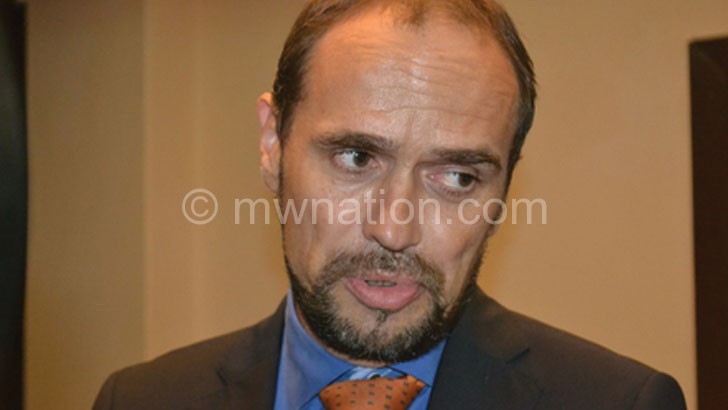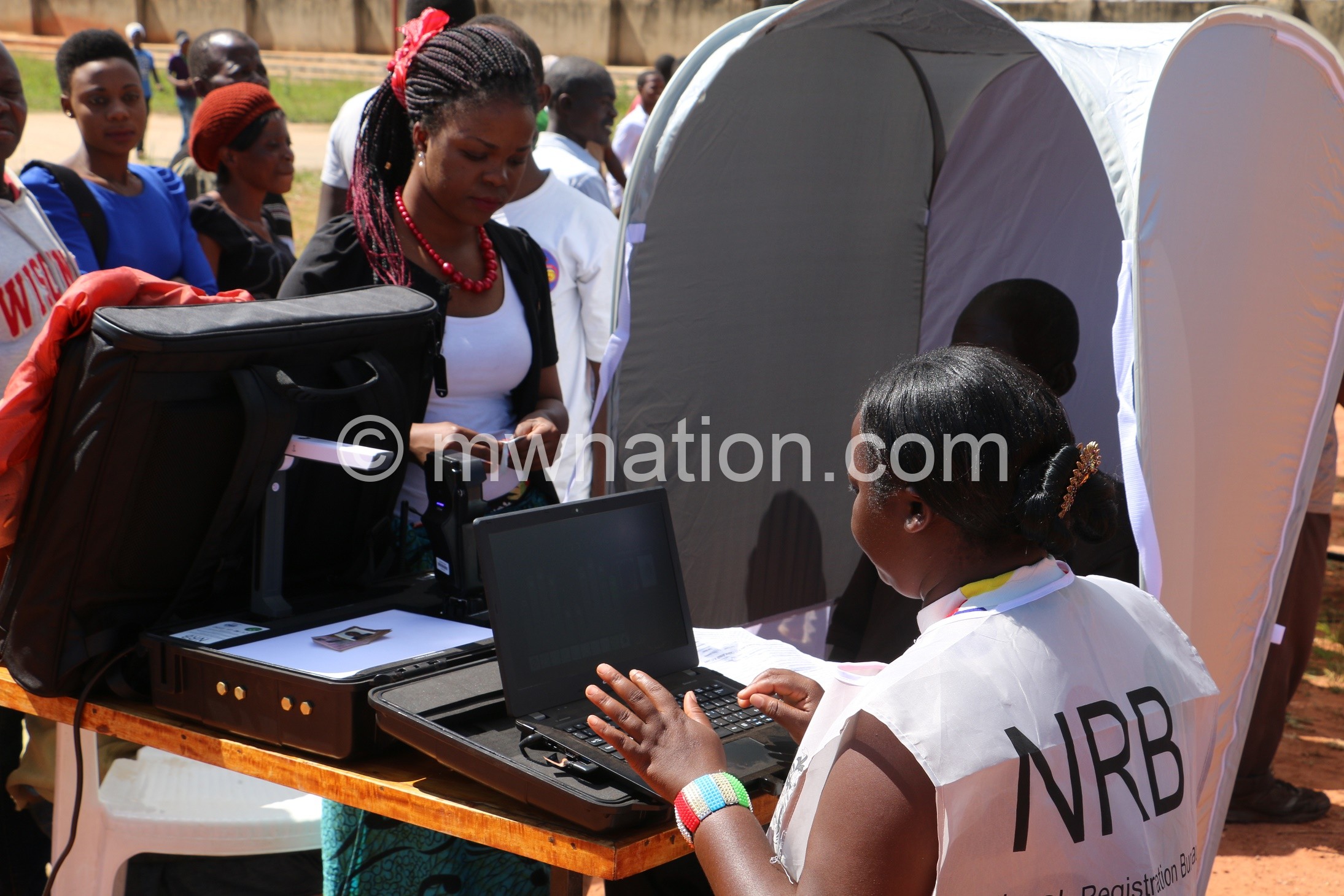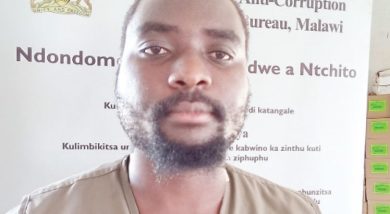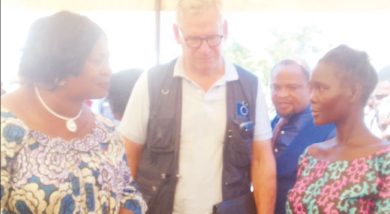EU frowns at Slow graft fight
The European Union (EU) has faulted the snail’s pace in investigating and prosecuting corruption cases involving high-profile personalities and asked government to speed up the same, especially Cashgate in recent times.
Speaking on behalf of development partners yesterday on the first day of the two-day National Anti-Corruption Conference in Lilongwe, the EU also said there should be no sacred cows in handling cases of people charged with corruption.

While the EU Ambassador Marchel Gerrmann did not mention specific high-profile corruption cases that have moved at a snail’s pace, at the back of the minds of the participants to the conference were the K1.7 billion case involving former president Bakili Muluzi, the Maizegate involving former Minister of Agriculture, Irrigation and Water Development George Chaponda and the K3.6 billion Cashgate case involving former Ministry of Finance budget director Paul Mphwiyo and 18 others.
Said Gerrmann: “High profile and high value corruption cases should be accelerated. Recent forensic audits have revealed the systemic plunder of public resources, but most of the culprits have, so far, not been charged let alone sentenced. As the President himself has said, there should be no sacred cows.”
The EU envoy cited the flouting and lack of implementation of rules and regulations as one of the indicators that the fight against corruption is a losing battle. He mentioned the maize procurement scandal and controversies surrounding the Salima-Lilongwe Water Project as examples where processes have been ignored.
He said: “Over the last year, we have witnessed questionable procurements around large scale purchases of maize and more recently the awarding of a large contract to pump water from Salima and Lilongwe.
“What messages are being sent if a $500 million contract takes place under restricted tender within a very short time frame and more so without feasibility studies and an environmental impact assessment?”
Gerrmann warned that Malawi risked scaring away investors and losing donor assistance if it does not check corruption.
However, he said it was the development partners’ recommendation that institutions such as the Anti-Corruption Bureau (ACB) and the Directorate of Public Prosecutions (DPP) should be made more independent and better resourced.
Said Gerrmann: “We hope that the next budget will see more resources allocated to the key accountability institutions. Crucially, reporting lines and appointment processes should be reviewed to strengthen the independence of these institutions.”
In the face of the mist surrounding the procurement and contracting of the Lake Malawi water project, the donors also recommended that independent auditors undertake an audit of all procurements above K50 million to increase transparency and that these should be published online apart from instituting further reforms of public finance management.
While describing the factors causing the loss of the corruption battle as complex, Gerrmann highlighted the culture of impunity due to weak oversight and enforcement of laws and regulations as one factor which was taking Malawi on a downward spiral on corruption.
“Thirdly, institutions that are supposed to be independent and mandated to tackle corruption are undermined by a lack of resources and most importantly credible reports of interference,” he said, without directly referring to the ACB and National Audit Office.
In an interview on the sidelines of the conference, German Ambassador Juergen Borsch said the momentum that has begun with the conference must continue, but must be done simultaneously with education, prevention and prosecution.
He said: “We have acknowledged that corruption exists and examples have been given. So, everybody knows this scourge is within our midst and we need to fight it. This should not be done just from the top but at every level and layer of society.”
On his part, Minister of Justice and Constitutional Affairs Samuel Tembenu, whose ministry has organised the two-day conference, said the conference was an opportunity for various stakeholders to vent their anger and frustration at the levels of corruption in the country.
He said while the popular perception was that the corruption battle was lost long ago, the existence of political will was evident.
But Tembenu remained defensive about the independence of the ACB, especially the manner in which the director is appointed.
He said: “How far are perceptions that the work of the ACB is interfered with? Is it in the manner of appointment? When the President makes an appointment, Parliament has the duty to confirm it. Parliament even has the power to confirm the dismissal.”
Apparently, Tembenu expressed similar sentiments on the independence of the ACB when the opposition in Parliament proposed an amendment Bill that the appointment of the ACB director should no longer be in the hands of the President to ensure its independence. n





